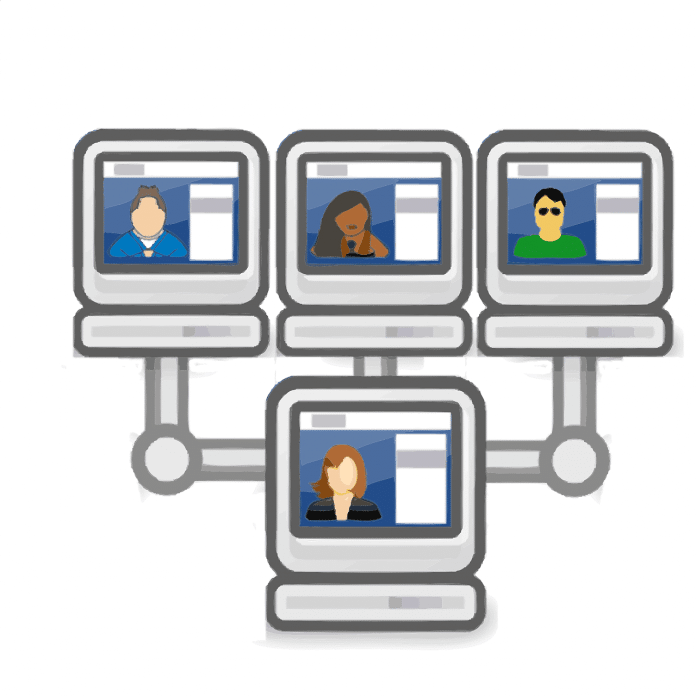A quarter of UK bosses have failed to address their staff via video conference directly to update them on the implications of the Covid-19 crisis.
This was just one of the findings of a poll of 200 businesses decision-makers in UK SMEs which was part of a 1,500-word report entitled Covid-19: Isolation Nation, from the Parliament Street think tank.
The polling found that two in 10 companies have struggled with managing their payroll remotely, with 21 per cent expecting delays to salary payments this month. Meanwhile, just under one third (31 per cent) say they have experienced their video conferencing system crash at least once in the past three weeks during a crucial meeting.
In terms of IT resources, 58 per cent of companies have ordered in new laptops, tablet computers and mobiles to manage 100 per cent remote working. Crucially, one third (33 per cent) have done so without upgrading their security systems. And 34 per cent of businesses said they had hired external IT support to cope with the surge in remote working.
A further 38 per cent said they were continuing to enable digital skills training via video link. 42 per cent have introduced quizzes and online team tasks to boost morale.
Rod Flavell, CEO at FDM Group, a FTSE 250 IT skills company, said: “It’s crucial that during tough times, CEOs lead from the front, keeping staff fully updated on the challenges facing the business and ensuring every employee feels valued, particularly when they are working remotely.
The sudden shift to complete remote working will be a shock to the majority of businesses and their employees
“It’s not easy for large businesses to adapt to a completely new way of working, but it’s vital that leaders recognise the need to deliver training and team engagement initiatives online. In times of uncertainty, business leaders must show staff they recognise the anxieties they face, by keeping in regular video contact with every employee, whatever their managerial position or level of experience.”
Cyber specialist Andy Harcup, of VP, Absolute Software, said, “The race to equip employees with the latest mobile devices must be accompanied by a rigorous security strategy that protects companies from the inevitable cyber security risks associated with large-scale remote working.
“With millions of workers now logging on to the company VPN, often using personal or newly purchased laptops and tablet computers, it’s essential that all devices are properly protected. IT leaders must be vigilant during this difficult time and ensure that every end-point has anti-malware systems in place, running up to date applications and have encryption turned on at all times.”
Sridhar Iyengar, MD, Zoho Europe commented: “The sudden shift to complete remote working will be a shock to the majority of businesses and their employees. With the Covid-19 crisis causing chaos, disrupting supply chains and forcing millions into isolation, it’s critical that companies can continue to operate as efficiently as possible, to safeguard jobs and protect livelihoods.
“For this to happen, businesses need instant access to the latest video conference applications, as well as project management and employee collaboration tools to help employees remain productive during this challenging time.
“Not only that, but they need to have a culture of trust and understanding with their employees, in order to have them work from home effectively.
“As the country pulls together, it’s essential that IT systems are correctly deployed to ease the burden on workers, who more often than not are trying to juggle working from home whilst caring for family members, neighbours and loved ones.”


